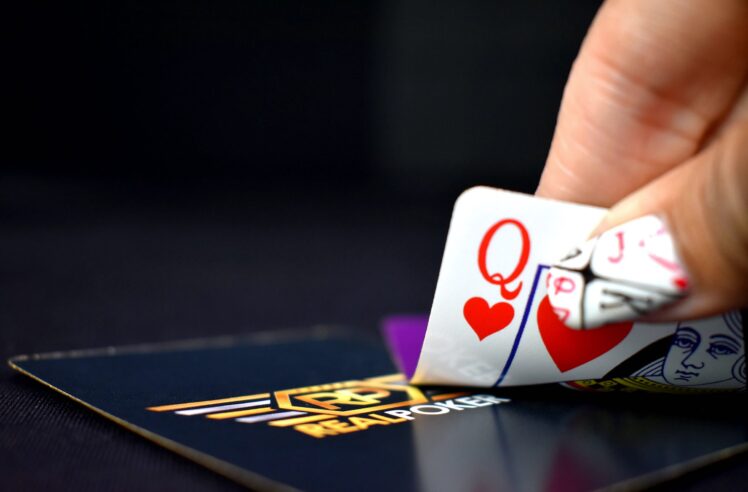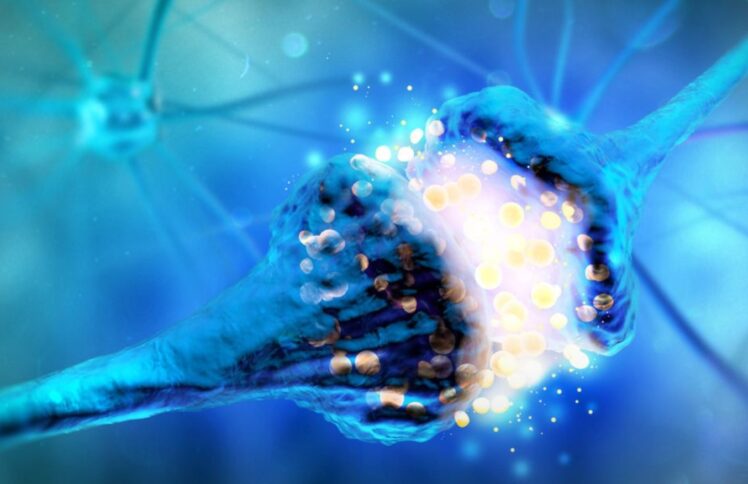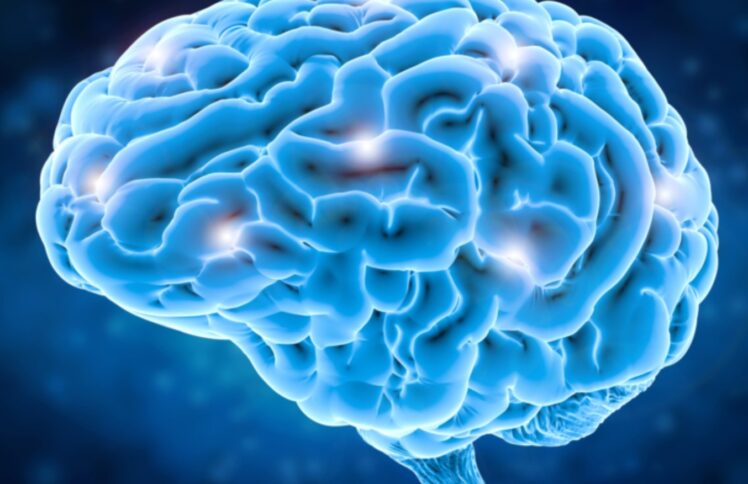Home › Health › Hormone
Dopamine: Hormone of Sex, Food, and Gambling
Published on:
By now it is common knowledge that our brains run based on certain chemicals. Dopamine is among the most famous of these, and is perhaps best known by the moniker “happy hormone.” It is the neurotransmitter that sends signals between neurons controlling both emotional and motor reactions. It is the hormone responsible for triggering happy responses in our brain. It is usually triggered in response to pleasurable activities such as sex, eating delicious food, and gambling. For example, when you play a game at an online casino, the experience of gambling may trigger the release of dopamine in your brain. You can check out Danhbai-tructuyen to experience the sensation for yourself.
The hormone is associated with a number of bodily functions. Dopamine contributes to processes like blood flow, digestion, motor control, heart and kidney function, as well as many other biological processes integral to keeping your body in peak condition. Though its purposes are more than just for triggering happiness and pleasure, the association is exactly what has made it more popular than other hormones. Dopamine is also chemically responsible for addiction, as people end up returning endlessly to pleasure-seeking activities in order to increase their dopamine levels. Dopamine, while responsible for happiness, is also largely the cause of cravings and the desire to satisfy them immediately. As a result, it is often linked to addiction.
Dopamine and gambling withdrawal

Addiction is a biological concern as much as it is a psychological one. Behind the experience of gambling is a series of hormonal chemical reactions that act as emotional stimuli. A dopamine rush also contributes to a feeling that may cloud decision making, leading addicted gamblers to make choices that could be considered unwise. The cycle may progressively lead to uncontrollable compulsive gambling.
Compulsive gamblers often suffer from withdrawal when the craving for their sought-after activity is not immediately satisfied. Gambling triggers a person’s neurological rewards system, linked to the parts of the brain that have to do with dopamine release. Gamblers feel pleasure when they straddle the line between risk and reward, experiencing a feeling of thrill, elation, and further anticipation. Gambling in particular stimulates a response up to ten times more than the amount stimulated by ordinary risk-taking situations. This may be largely due to gambling’s principle basis in the inability to predict for certain what an outcome may be. This may make the reward factor greater.
However, over time, one may develop a gambling tolerance, making the ‘rush’ of dopamine not as impactful as it may have been before. Overstimulation in the brain may be the result of compulsive gambling. By this time the brain’s defensive reaction may have grown stronger, weakening the reward system, decreasing the level of satisfaction, and increasing the feeling of craving. With greater resistance for dopamine, the brain, and thus the person, is more likely to seek out pleasure seeking activity, resulting in withdrawal and addiction.

Studies have even shown that a predisposition to addictions like gambling may be genetic. For example, those with under-active brain systems or less active prefrontal cortexes may be more susceptible to gambling. This is because they experience lower levels of euphoria in response to events, which makes them feel less fulfilled unless they actively seek out activities that pleasure them.
On the flip side, the prefrontal cortex also has much to do with the decision-making process. With an under-active or damaged prefrontal cortex, gamblers may not be able to make decisions that will benefit them or their winning odds in the long run. The rush of dopamine that gambling gives is in many cases a double-edged sword, especially when addiction goes unchecked.
The neurological process of gambling addiction

For many years in the past, the medical community of psychologists and psychiatrists regarded pathologically excessive gambling as a compulsion rather than an addiction. This meant that it was classified as an activity meant to relieve anxiety, instead of one meant to relieve a craving. However, in 1980 the American Psychiatric Association (APA) officially listed it as a disorder that affected impulse control. The landmark decision changed the way that gambling addiction was approached in terms of treatment and study.
While we usually understand dopamine to be triggered by pleasure, biologically the brain categorizes dopamine-inducing activities as those that keep us alive, such as eating, or those that help us pass on our genes, such as sex. Pleasure, through the release of dopamine, may perhaps be understood as the brain’s reward system for committing to self-preservation. At its most primal, the brain associates self-preservation with self-fulfillment. However, human hobbies, lifestyles, and societies have evolved in such a way that self-gratifying objects and activities may actually be harmful to us. The euphoria that a person may experience when they take drugs or gamble often masks harms so that the brain does not recognize them as threats. To protect us, our brains most quickly respond to discomfort; when we are in a situation we don’t like, our brains will usually act to get us out of there. However, when we are in a situation that brings us enjoyment, our brains may relax their inhibitions, or even make it difficult for us to leave.

Addictive substances or activities douse the brain in so much dopamine that it starts to produce less of the molecule, and becomes less affected by the sensations it is supposed to illicit. In response, an addict will look for bigger amounts of what they are addicted to in order to evoke the same ‘high’ that they have grown accustomed to. In more severe cases the neural pathways that connect the reward circuit to the prefrontal cortex begin to weaken. Without the prefrontal cortex, impulse control becomes nearly impossible. Further studies have uncovered that addicts share similar brain patterns with those who have neurodegenerative Parkinson’s disease, which is most recognizable by muscle tremors and stiffness. Those with Parkinson’s experience the ‘death’ of dopamine neurons in the midbrain section.
One of the good things about psychiatrists recognizing compulsive gambling as an addiction is that they have begun to prescribe medical treatment for those seeking to alleviate their conditions. Recovering gambling addicts have responded favorably to medical prescriptions and therapy. While gambling is undoubtedly a thrilling activity that may prove to be lucrative when played right, it’s always important to never have too much of a good thing.
Share With Your Friends